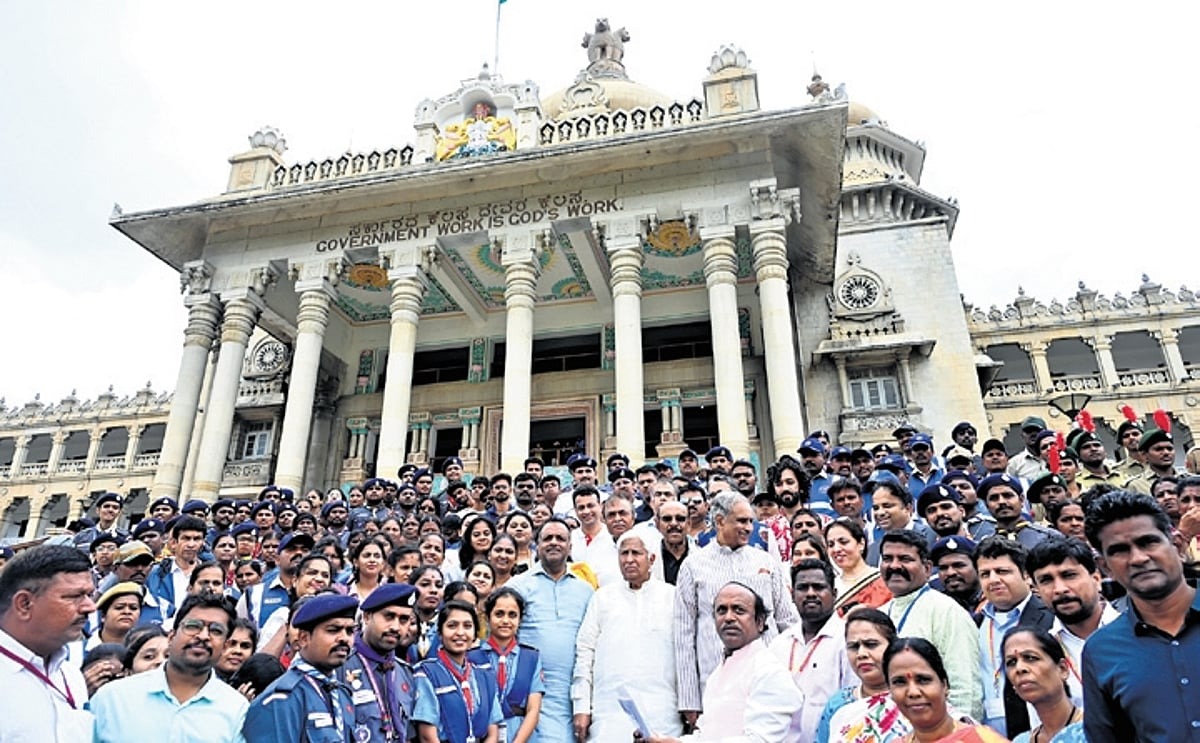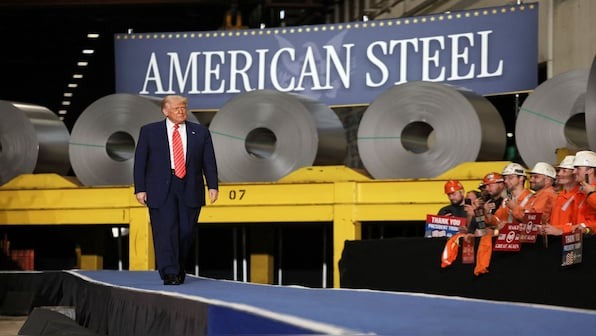 Image Source: India Today
Image Source: India Today
Luxury stands at a turning point in 2025. Traditionally marked by exclusivity and prices that are out of reach, the globe's most high-end brands are now confronting seismic changes in consumer attitudes, market forces, and cultural values. The concept of luxury is being redefined as emerging generations, financial constraints, and technological disruption redefine what it means to be authentically "exclusive." What's initiating these changes—and what does the future of the most aspirational names in fashion, jewelry, and more hold?
Shifting Consumer Values
-
The new luxury consumer is younger, tech-literate, and prioritizes authenticity, sustainability, and personalization as much as status.
-
Millennials and Gen Z now represent the majority of luxury consumers, expecting ethical sourcing, environmental responsibility, and authentic brand narratives.
-
Middle-class consumers constitute nearly 40% of the $300 billion international luxury market, encouraging brands to reconcile exclusivity with wider accessibility.
Exclusivity vs. Accessibility
-
Luxury brands are trying tiered pricing, limited releases, and customized services to stay exclusive yet more appealing to a broader market.
-
There is danger: 54% of UK millennials think luxury loses its appeal if it gets too common.
-
Mass market luxury products (such as beauty and spectacles) are outgrowing high-ticket products, enabling brands to reach new consumers without compromising their image.
Digital Transformation and Personalization
-
Artificial intelligence, AR/VR, and blockchain are transforming the luxury experience, making it possible to deliver hyper-personalized suggestions, digital authenticity, and immersive online shopping.
-
Brands are making investments in "phygital" experiences, combining physical and digital touchpoints to create seamless, memorable experiences for customers.
Market Volatility and Strategic Realignment
-
The luxury industry is witnessing massive mergers and acquisitions, with legendary brands such as Versace being exchanged at lower valuations due to market pressures.
-
Economic instability, new tariffs, and volatile gold prices are compelling brands to re-evaluate their portfolios and concentrate on core competencies.
-
Smaller luxury houses are hit harder by changing consumer behavior and constrained marketing budgets, while behemoths such as Hermès, Gucci, and LVMH evolve quickly.
The Emergence of Purpose-Driven Luxury
-
Luxury today is more than about logos; consumers look for emotional resonance, heritage, and craftsmanship.
-
Brands are decoupling from "luxury for luxury's sake" and toward purpose-led strategies that highlight provenance, narrative, and cultural currency.
Conclusion
Luxury in 2025 is no longer merely about price or status—it's about values, experiences, and deep connections. The most elite brands are having to reinvent themselves, fusing tradition and innovation to remain compelling in a broken, rapidly transforming marketplace. As digital natives and purpose-driven consumers remake the world, the very definition of luxury continues to be rewritten—one individualized, intentional experience at a time.
Applicable Sources: Vertu, Luxury Society, Luxury Lifestyle Awards, Oban International, Global Bay
Advertisement
Advertisement




